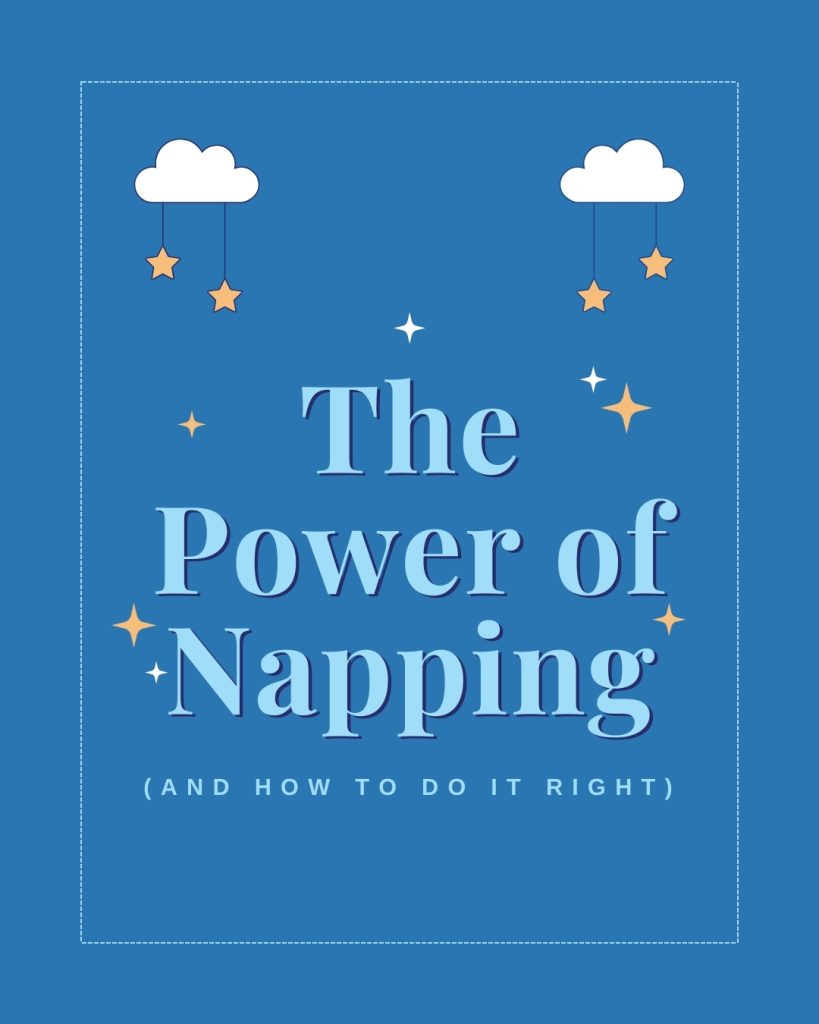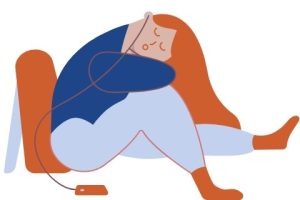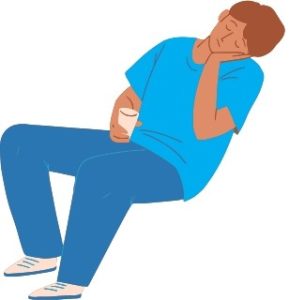Between work, school, and family responsibilities, it’s no surprise that many adult students find themselves running on empty. Balancing coursework with full-time jobs and personal obligations can make sleep feel like a luxury. One powerful tool that can help boost energy, improve cognitive function, and enhance overall well-being is often overlooked: the nap.
Naps aren’t just for children or lazy Sunday afternoons—they are a scientifically supported strategy for improving alertness, learning, and mood. Not all naps are created equal, however; understanding how to nap effectively can make the difference between waking up refreshed and feeling groggy for the rest of the day.
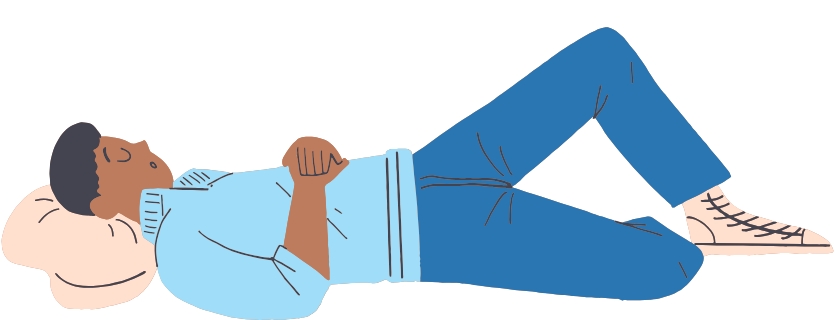
The Science-Backed Benefits of Napping
Napping offers several cognitive and physiological benefits, making it a valuable habit for students juggling multiple responsibilities. Some key advantages include:
- Enhanced Memory and Learning: Studies show that short naps can help consolidate information and improve recall, making them an excellent tool for students who need to absorb new material. (Wang, 2023)
- Increased Alertness and Productivity: Even a brief nap can reduce fatigue and improve focus, allowing you to return to work or studies with renewed energy.
- Improved Mood and Stress Reduction: Napping can lower stress levels and enhance emotional regulation, helping you stay calm and composed throughout the day. (Leong, 2023)
- Boosted Creativity and Problem-Solving: A well-timed nap can help the brain make connections between ideas, leading to improved problem-solving and creativity.
- Better Heart Health: Research has found that an occasional short nap may contribute to a healthier heart by reducing blood pressure and lowering stress-related hormones. (NHLBI, 2023)
How to Nap the Right Way
Not all naps are beneficial—timing, duration, and environment all play a role in ensuring a nap leaves you feeling rejuvenated rather than sluggish. Here are some tips to help you make the most of your nap time:
1. Keep It Short
The ideal nap length is between 10 and 30 minutes. This short duration prevents you from entering deep sleep, which can cause sleep inertia—a groggy, disoriented feeling that’s hard to shake off. A quick nap is just enough to refresh your mind without interfering with your regular nighttime sleep.
|
2. Time It Right The best time to nap is usually early to mid-afternoon (between 1:00 p.m. and 3:00 p.m.). This aligns with your natural circadian rhythm, helping to counteract the midday energy slump without making it difficult to fall asleep at night. Napping too late in the day can disrupt your nighttime sleep cycle. |
|
3. Create a Restful Environment
Even a short nap is most effective in a comfortable, quiet setting. If possible, find a dark or dimly lit room, use noise-canceling headphones or a white noise app, and make sure your body is in a relaxed position. If you’re at work, try reclining in your chair or using an eye mask to block out distractions.
4. Set an Alarm
To avoid oversleeping, set a timer or alarm before you begin your nap. This ensures you wake up at the right moment and prevents you from slipping into deep sleep.
|
|
5. Try a “Coffee Nap” for an Extra Boost A “coffee nap” involves drinking a small cup of coffee right before taking a short nap. Since caffeine takes about 20–30 minutes to kick in, you wake up just as the stimulant starts working, doubling the alertness effect. This technique can be particularly useful for students who need to stay sharp for evening study sessions. |
When to Skip the Nap
While naps can be incredibly beneficial, they aren’t always the right solution. Consider avoiding naps if:
- You struggle with insomnia or poor nighttime sleep—napping too much may make it harder to maintain a regular sleep schedule.
- You find yourself needing multiple naps a day—this could be a sign of an underlying sleep disorder or chronic sleep deprivation.
- You experience grogginess after naps—this may indicate you are sleeping too long or at the wrong time of day.
Making Naps a Healthy Habit
Incorporating naps into your routine doesn’t have to be complicated. If you find yourself regularly hitting an afternoon energy slump, experiment with short naps and track how you feel afterward. If napping isn’t practical during your workday, try using your lunch break for a brief rest in your car or a quiet space.
For students balancing school, work, and family, every bit of rest counts. When used strategically, napping can be an effective tool for boosting cognitive function, maintaining energy, and improving overall well-being. Instead of pushing through exhaustion, give yourself permission to take a break—your brain (and body) will thank you for it!
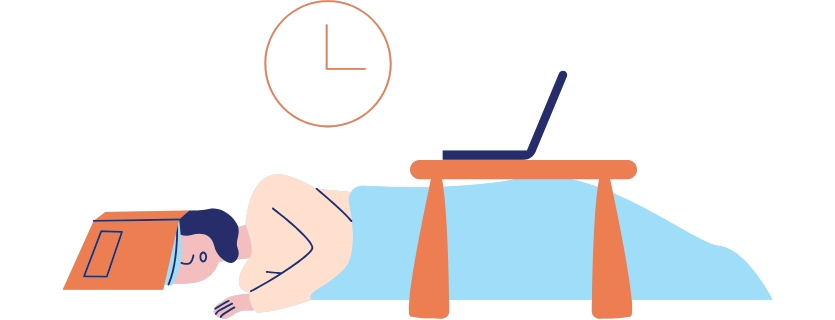
Sources
Leong, R. L. F., Lau, T., Dicom, A. R., Teo, T. B., Ong, J. L., & Chee, M. W. L. (2023). Influence of mid-afternoon nap duration and sleep parameters on memory encoding, mood, processing speed, and vigilance. Sleep, 46(4) https://doi.org/10.1093/sleep/zsad025
U.S. Department of Health and Human Services. (2023, May 11). Researchers study how daytime naps may influence health. National Heart Lung and Blood Institute. https://www.nhlbi.nih.gov/news/2023/researchers-study-how-daytime-naps-may-influence-health
Wang, Y., Meng, Y., Zhang, R., Du, J., Huang, Y., Zheng, S., Xu, S., Xiao, L., Xu, J., Wang, H., Su, T., & Tang, Y. (2023). Positive effects of napping on memory consolidation and resistance against interference. Sleep and Breathing, 27(6), 2499-2507. https://doi.org/10.1007/s11325-023-02822-3

